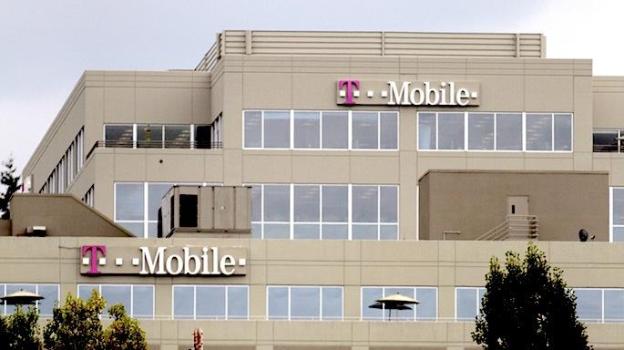
In the wake of the abandoned merger effort from AT&T, T-Mobile USA parent company Deutsche Telekom is looking for ways to keep the number-four U.S. mobile operator afloat—and, according to the Financial Times (registration required) that could include issuing new bonds and selling off cell towers—although the company does not expect to announce its strategy for T-Mobile USA until after its next financial results in February.
Deutsche Telekom will be receiving a sweet break-up fee from AT&T in the wake of the failed deal, including $3 billion in cash and a combination of roaming rights and wireless spectrum licenses with a book value of another $1 billion. However, while those assets will help T-Mobile towards a soft landing, they don’t solve T-Mobile’s fundamental problem: they have absolutely no path forward towards 4G LTE technology. Although T-Mobile ostensibly operates the broadest “4G” networking in the United States, it’s based on a unique flavor of HPSA+ technology particular to T-Mobile. The rest of the mobile world is focused on deploying 4G services via LTE. T-Mobile USA does not have the spectrum licenses to roll out LTE on its own, so it will either need a partner or some way to acquire sufficient spectrum licenses to offer LTE. Even if the licenses were available, the funds its receiving from AT&T aren’t enough to buy enough airspace, let alone deploy a new 4G network. A report in Reuters cites Jeffries analyst Ulrich Rathe as putting the potential cost of T-Mobile building out an LTE network at around $9 billion.
According to the Financial Times, T-Mobile is considering a strategy that would have the company selling its network of cell towers and transmission stations to other companies, then retaining access to the towers and equipment via long-term leases. Such a deal could reportedly net T-Mobile as much as $1 or $2 billion in additional cash. The company may also offer additional bonds to investors: if there’s serious interest, it would help Deutsche Telekom placate its core investors by showing T-Mobile USA can operate as a separate entity that won’t leach funds (and profits) from the company’s European operations.
Other options might include partnerships with Dish Network—which could use a mobile carrier as a partner for its planned satellite-assisted LTE service or Sprint, which would likely welcome T-Mobile’s additional facilities and spectrum as it tries to build out its own LTE network. However, an outright merger with Sprint seems like a longshot, for many of the reasons Sprint outlined in its suit to stop the AT&T/T-Mobile deal (reducing competition from four carriers to three)—Sprint may be more interested in having T-Mobile as a customer, rather than an acquisition. T-Mobile could also be looking at partnerships with regional wireless operators like C-Spire, Leap, and MetroPCS, although it’s not clear how those arrangement would work out for anything but LTE.


